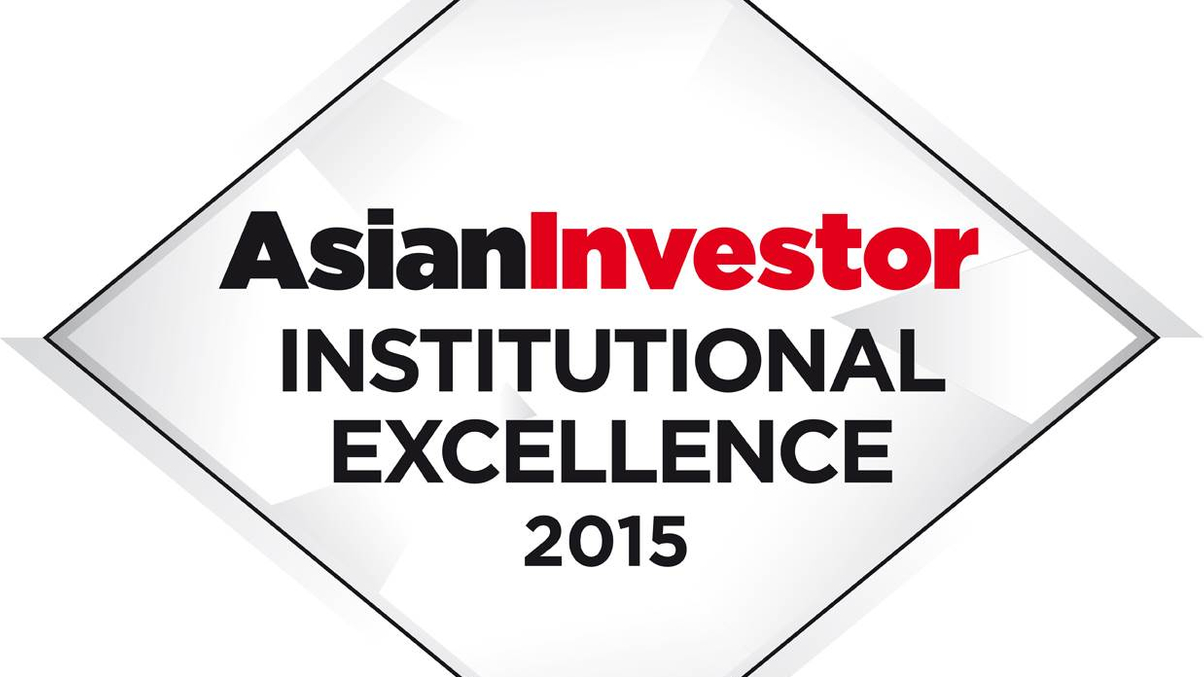award
Hesta Super leads pack in making ESG pay
Hesta Industry Super Fund won an Institutional Excellence Award having shown its commitment to socially responsible investing and how this can lead to long-term, sustainable performance.

AsianInvestor’s second annual Institutional Excellence Awards were introduced to highlight best practice, with awards handed out in 16 institutions collectively managing $3.5 trillion.
Sign in to read on!
Registered users get 2 free articles in 30 days.
Subscribers have full unlimited access to AsianInvestor
Not signed up? New users get 2 free articles per month, plus a 7-day unlimited free trial.
¬ Haymarket Media Limited. All rights reserved.


